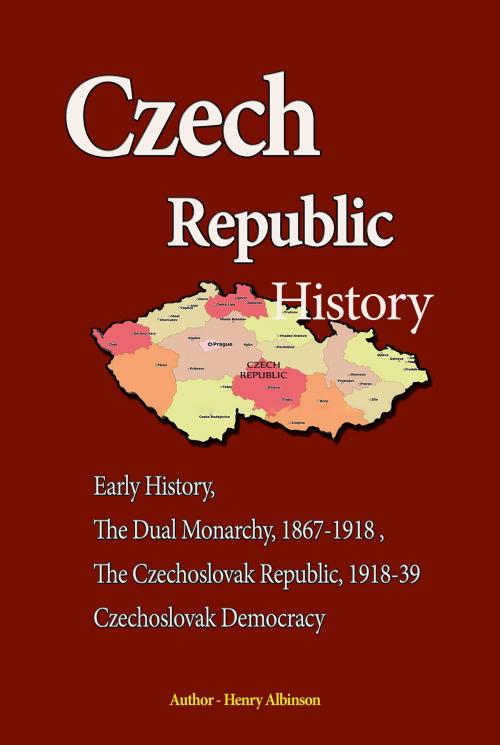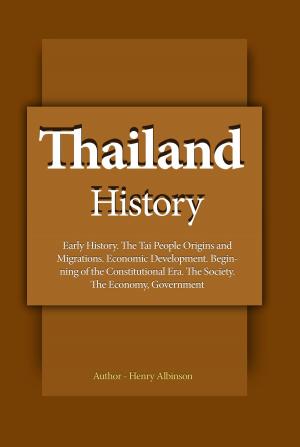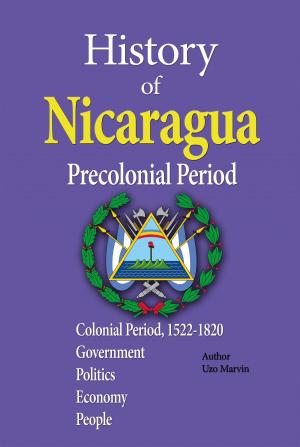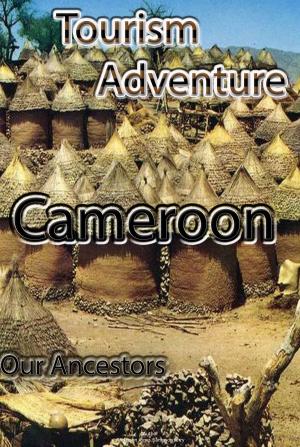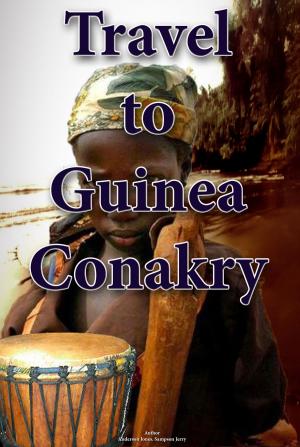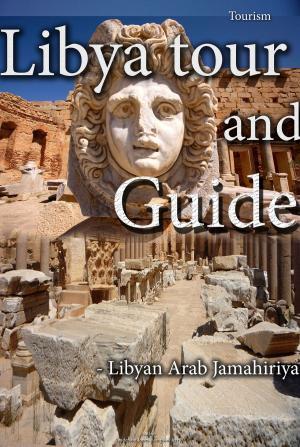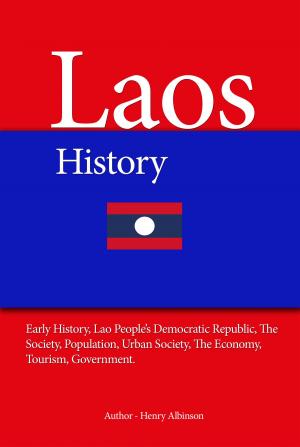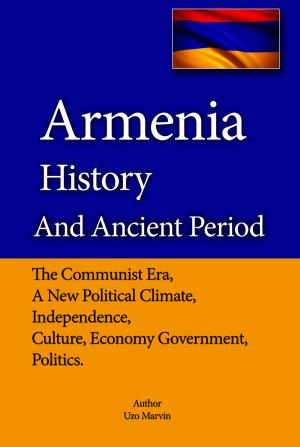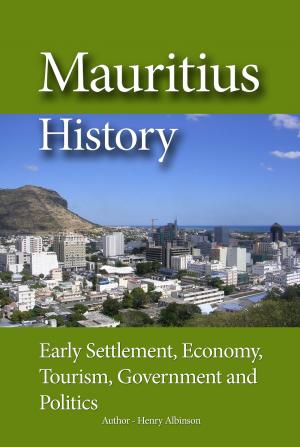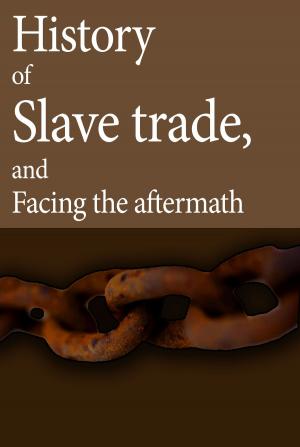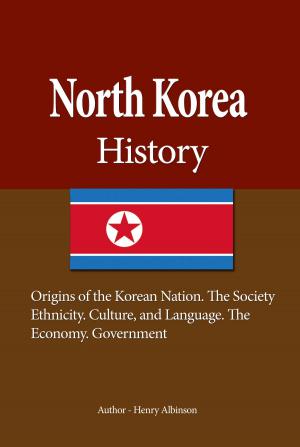| Author: | Henry Albinson | ISBN: | 9781311111074 |
| Publisher: | Sonit Education Academy | Publication: | June 25, 2016 |
| Imprint: | Smashwords Edition | Language: | English |
| Author: | Henry Albinson |
| ISBN: | 9781311111074 |
| Publisher: | Sonit Education Academy |
| Publication: | June 25, 2016 |
| Imprint: | Smashwords Edition |
| Language: | English |
While you read Czech history background, in this book you have more information on Czech present stands on culture, people, government, politics, and entire environment
Although a Czechoslovak state did not emerge until 1918, its roots go back many centuries. The earliest records of Slavic inhabitants in present-day Czechoslovakia date from the fifth century A.D. The ancestors of the Czechs settled in present-day Bohemia and Moravia, and those of the Slovaks settled in present day Slovakia. The settlers developed an agricultural economy and built the characteristically circular Slavic villages, the okroulice.
The peaceful life of the Slavic tribes was shattered in the sixth century by the invasion of the Avars, a people of undetermined origin and language who established a loosely connected empire between the Labe (Elbe) and Dnieper rivers. The Avars did not conquer all the Slavic tribes in the area, but they subjugated some of them and conducted raids on others. It was in response to the Avars that Samo--a foreigner thought to be a Frankish merchant--unified some of the Slavic tribes and in A.D. 625 established the empire of Samo. Although the territorial extent of the empire is not known, it was centered in Bohemia and is considered the first coherent Slavic political unit. The empire disintegrated when Samo died in 658.
A more stable polity emerged in Moravia. The Czech tribes of Moravia helped Charlemagne destroy the Avar Empire (ca. 796) and were rewarded by receiving part of it as a fief. Although the Moravians paid tribute to Charlemagne, they did enjoy considerable independence. Early in the ninth century, Mojmir--a Slavic chief--formed the Moravian Kingdom. His two successors expanded its domains to include Bohemia, Slovakia, southern Poland, and western Hungary. The expanded kingdom became known as the Great Moravian Empire. Its importance to Czechoslovak history is that it united in a single state the ancestors of the Czechs and Slovaks
While you read Czech history background, in this book you have more information on Czech present stands on culture, people, government, politics, and entire environment
Although a Czechoslovak state did not emerge until 1918, its roots go back many centuries. The earliest records of Slavic inhabitants in present-day Czechoslovakia date from the fifth century A.D. The ancestors of the Czechs settled in present-day Bohemia and Moravia, and those of the Slovaks settled in present day Slovakia. The settlers developed an agricultural economy and built the characteristically circular Slavic villages, the okroulice.
The peaceful life of the Slavic tribes was shattered in the sixth century by the invasion of the Avars, a people of undetermined origin and language who established a loosely connected empire between the Labe (Elbe) and Dnieper rivers. The Avars did not conquer all the Slavic tribes in the area, but they subjugated some of them and conducted raids on others. It was in response to the Avars that Samo--a foreigner thought to be a Frankish merchant--unified some of the Slavic tribes and in A.D. 625 established the empire of Samo. Although the territorial extent of the empire is not known, it was centered in Bohemia and is considered the first coherent Slavic political unit. The empire disintegrated when Samo died in 658.
A more stable polity emerged in Moravia. The Czech tribes of Moravia helped Charlemagne destroy the Avar Empire (ca. 796) and were rewarded by receiving part of it as a fief. Although the Moravians paid tribute to Charlemagne, they did enjoy considerable independence. Early in the ninth century, Mojmir--a Slavic chief--formed the Moravian Kingdom. His two successors expanded its domains to include Bohemia, Slovakia, southern Poland, and western Hungary. The expanded kingdom became known as the Great Moravian Empire. Its importance to Czechoslovak history is that it united in a single state the ancestors of the Czechs and Slovaks
